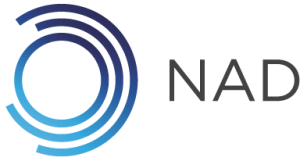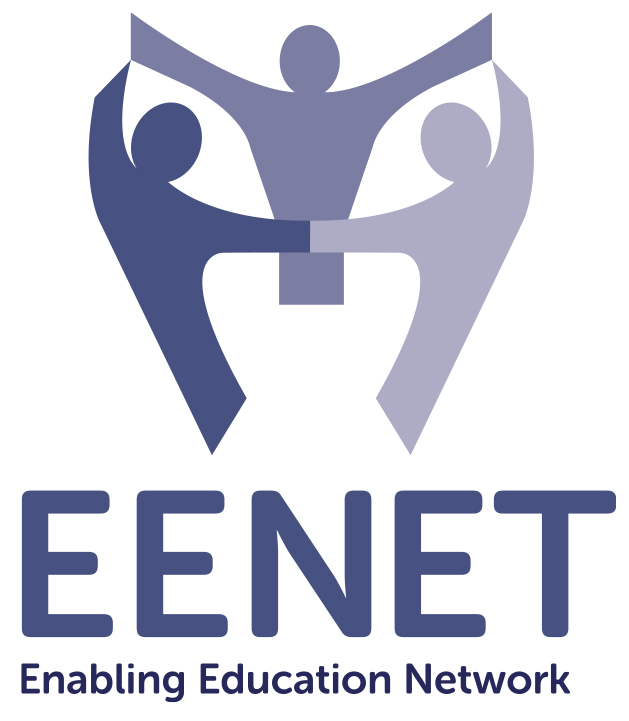This project provides easy-read and visual home learning guidance in printed and online formats.
The situation
During the Covid-19 pandemic, schools have been closed and millions of learners have stayed at home.
Learning at home is a big change for most learners and their families. It can be a positive opportunity to try new things and spend more time together, but it can also be very stressful. Around the world, parents and caregivers have felt under pressure to help their children continue learning, often without much support or resources.
When schools started to close, there was a flood of home learning materials and activities circulating online. Too few of these solutions focused on the home learning needs of learners with disabilities, in low-income contexts, where online learning is rarely an option.
EENET and NAD’s response
EENET is working with Norwegian Association of Disabled (NAD), NAD Zambia and Madrasa Early Childhood Programme Zanzibar (MECPZ).
Our home learning project has provided some short guidance resources for parents, caregivers and families of children with and without disabilities. The resources focus on encouraging appropriate, achievable, low-stress learning activities that use the time, skills and resources available in the family. We prioritised the production of hard-copy materials and worked closely with local distributors in Zambia and Zanzibar to create localised solutions to the challenge of disseminating materials during a period of social distancing.
Our project has highlighted that home learning should not attempt to replicate school in the home. Parents, caregivers and family members should not feel under pressure to do what trained teachers do in class. During this time, it is vital that we approach learning in its broadest and most inclusive sense – that we see beyond formal teaching and learning, curricula and tests.
We need to recognise the mental and physical challenges families face during a crisis like Covid-19, and find ways for learning at home to be positive, supportive, realistic and enjoyable for everyone.
As schools gradually start to re-open around the world, read our reflections on inclusive home learning – during and after Covid-19.
Surveys to inform the project
As part of the project we conducted an online survey in 14 languages (Acholi, Arabic, Armenian, Bahasa Indonesia, English, French, Kiswahili, Luganda, Malay, Portuguese, Runyankole, Russian, Spanish and Ukrainian). This gave us a snapshot of home learning situations around the world, from the perspective of parents, families and those who know them well. We also carried out telephone surveys with parents, caregivers and guardians in Zambia and Zanzibar. Initial analysis helped to inform the design of the project outputs.
Read the survey reports
This project is a collaboration between NAD and EENET.


